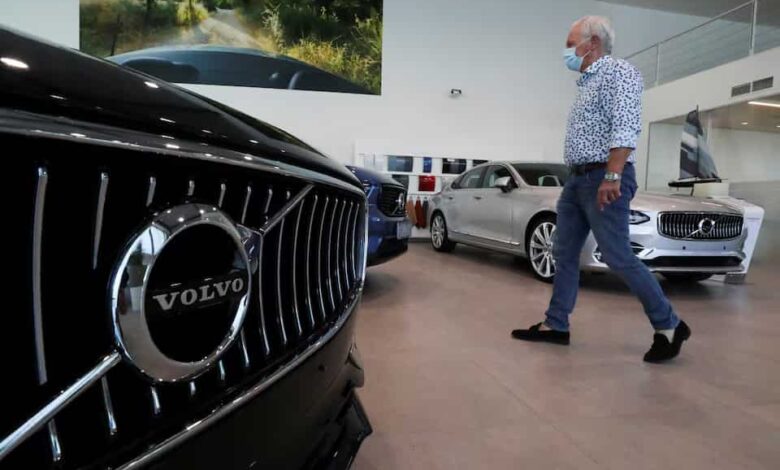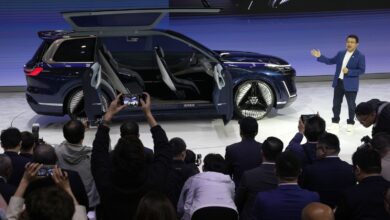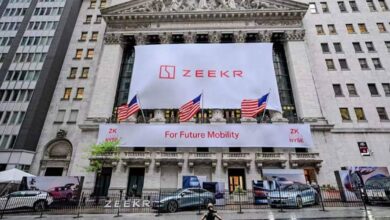Volvo shifts Chinese EV production to Belgium amid EU tariff concerns

Volvo Cars has begun transferring its electric vehicle (EV) production from China to Belgium in anticipation of the European Union’s prospective taxes on Beijing-subsidised imports. This strategic move, reported by The Times on Saturday, comes as the EU tightens its examination of subsidies received by Chinese-manufactured electric vehicles.
Majority-owned by Geely, Volvo prepares for EU crackdown
Volvo, which is majority-owned by China’s Geely, has considered stopping sales of Chinese-built EVs to Europe if tariffs were imposed by the EU. According to company insiders, moving production of the EX30 and EX90 models to Belgium will eliminate the need for such dramatic steps. The report clarified that the corporation is no longer considering banning sales of Chinese-made EVs.
Impact on UK-bound Volvo models
In addition to the adjustments for European automobiles, certain Volvo models slated for the United Kingdom could be moved to Belgium. This step demonstrates Volvo’s proactive approach to mitigating any disruptions from EU trade regulations.
EU’s anti-subsidy investigation and broader implications
The European Commission, which oversees trade policy inside the 27-nation EU, initiated an investigation in October last year to investigate if Chinese-made fully electric vehicles received unfair subsidies. This investigation, which can last up to 13 months, permits the implementation of temporary anti-subsidy duties within nine months of its inception.
China-EU relations have become increasingly strained, in part because of China’s growing relationship with Russia following the invasion of Ukraine. The EU’s probe is part of a larger campaign to reduce reliance on China, particularly for essential resources and products required for the EU’s green transition.
(With inputs from Agencies)



